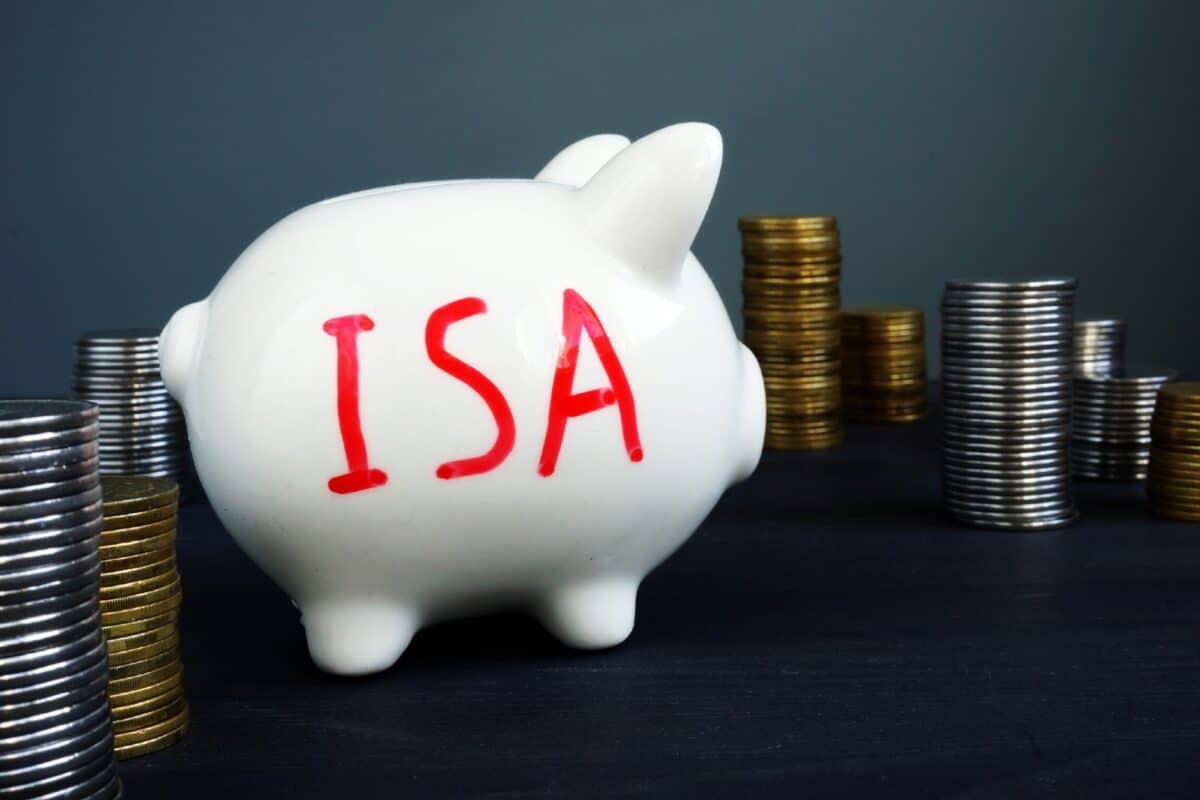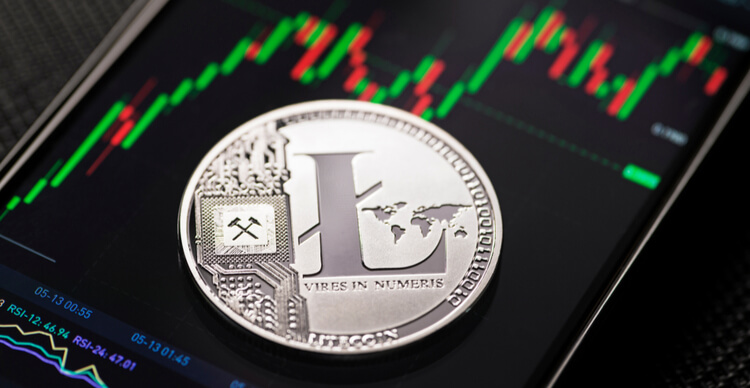Image source: Getty Images
After a slow start to the year, shares in insurance giant Aviva (LSE: AV.) have been picking up pace. They’re up 9.1% year to date and 19.1% over the last 12 months.
That beats the performance of the FTSE 100. If I’d picked up shares in Aviva a year ago, I’d be a happy investor today.
Unfortunately, I didn’t. But with its share price now at £4.73, I’m tempted. That looks cheap. Would I be silly not to buy the stock? And should investors consider it too?
Standout features
From my research, a few things stand out to me. The first is its meaty dividend yield. At 7.1%, that’s way above the Footsie average (3.6%). Last year its dividend grew by 8%. That’s the third year in a row it has risen. To go with that, management also announced a new £300m share buyback programme while upgrading its dividend guidance moving forward.
Dividends are never guaranteed. So, when I see yields of 7%+, I’m naturally sceptical. That said, I feel Aviva will be paying out in future given its approach to rewarding shareholders over the last few years.
Then there’s its valuation. Today, it has a price-to-earnings ratio of 12.5. Okay, there are cheaper stocks out there. But I think that looks like good value for Aviva. It’s a high-quality business, so even though that’s slightly above the Footsie average, it still looks like a good deal. Its long-term historical average is around 14, further signalling there’s value in today’s price.
What next?
But what’s in store next for the business? 2023 saw it continue to gain momentum. Operating profit rose 9% to just shy of £1.5bn, boosted by a strong performance across a host business areas, such as wealth and insurance premiums. It further delivered its £750m cost reduction target a year ahead of schedule.
But how does it take the next step and kick on from here? Luckily, it seems that continuing to streamline the business and make it a more lean and efficient operation is the top priority for CEO Amanda Blanc.
In the past, Aviva has often been viewed as a business that was too diversified. It focused on too many areas in too many regions. And this harmed performance. Under Blanc, this has changed.
In its latest results, it announced that it had completed the exit from its Singapore joint venture for £937m, further reducing its geographic footprint.
These moves build on the already strong competitive advantage that Aviva has. That includes its stellar brand recognition and customer base of nearly 20m.
The risks
While that’s all well and good, streamlining comes with risks. For example, it leaves the business reliant on just a couple of markets. If they falter, Aviva will feel the impact more strongly than if it was more diversified.
The insurance industry can also be cyclical as well as extremely competitive. Insurtechs have been gaining popularity in recent years. That’s a developing threat to Aviva.
Time to buy?
Even so, I’d buy the shares today if I had the cash. At £4.73 a pop, I think they’re a shrewd investment proposition and offer long-term growth potential.
Its meaty yield is without a doubt one of the major draws. That would provide a solid passive income stream for my portfolio.
Credit: Source link














